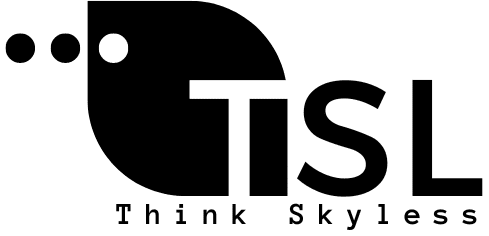
Federal Housing Administration loans, also known as FHA loans, are intended to assist people with a low income or less-than-perfect credit to afford their own homes. Given that the Arizona housing market is incredibly fierce, more and more Arizonans are turning to this option in order to take advantage of looser credit score thresholds, more competitive interest rates, and smaller down payment requirements.
However, this does not mean that this mortgage option is suitable for everyone, so it’s essential to understand precisely what an FHA loan means and its downsides. Today, we’ll demystify the process of applying for an FHA loan and provide helpful advice to improve your chances of success.
How Does an FHA Loan Work?
An FHA loan is similar to a conventional mortgage except for one major difference: it is insured by the Department of Housing and Urban Development (HUD). This insurance means that if you default on your loan, the government will pay the difference to the private lender that issued the loan; this encourages banks, credit unions, and mortgage companies to lend to those who have lower credit scores or incomes that would otherwise be denied for a conventional loan.
Like a conventional loan, you will repay the loan to the private lender who issued the mortgage, including interest. You’ll also need to pay a form of mortgage insurance called a Mortgage Insurance Premium (MIP), which works much like the private mortgage insurance required for a conventional loan. However, you also need to pay an Upfront Mortgage Insurance Premium (UFMIP), which goes toward funding the FHA program.
Real estate transactions in Arizona require an earnest money deposit, which is about 1-2% of the total home value; a down payment, typically around 15%; and closing costs, which can be up to 5% of the purchase price. Fortunately, those who use an FHA loan are eligible for many down payment assistance programs that will ease these upfront costs.
FHA Loan Limits and Stipulations for Arizona
You can’t borrow as much for an FHA loan as you would for a conventional loan; the FHA loan limit for Arizona is $472,030 everywhere except for the Phoenix region. Compared to the conventional conforming loan limit of $726,200, this is quite small, especially as the median sales price for an Arizona home is $436,600, but it can still help you afford a reasonably-sized home in most urban areas.
There are also some specific requirements for the FHA program that you must consider before you sign any paperwork. Firstly, you must have a credit score of at least 500; if you have a credit score below 580, you must give a 10% down payment. Those with credit scores of 580 or more have to put at least 3.5% down.
You need to move into the home within 60 days of close, and you have to live there for at least a year in order to retain eligibility for your FHA loan. If you so choose after that, you can rent out the home, but there are stiff penalties if you try to rent the property or move within the first year of owning the home. You also cannot usually open a second FHA mortgage before the first one is paid off.
There are no prepayment penalties with an FHA loan, unlike some other forms of mortgage, but you cannot refinance unless you have a 620 credit score and at least 2% equity in the home.
Documentation You’ll Need for an FHA Loan
The documentation for an FHA loan in Arizona is much the same as if it is for a conventional mortgage. Firstly, the mortgage lender will need to run a credit inquiry to verify your credit score and determine your creditworthiness; this, of course, means verifying your identity through official documents.
You will need to provide pay stubs, at least two years of tax returns, and a careful listing of all your debts to ascertain a debt-to-income ratio. If a loved one or organization is helping you with the down payment for an FHA loan, you will need to have them fill out a gift letter that certifies the money as a gift and not another loan.
Conclusion
Though the FHA program assists those who would otherwise not be able to access a mortgage, approval for this loan is not guaranteed, so it’s important to clean up your finances before applying and do your best to minimize your debts. Your mortgage loan officer can direct you to consumer education resources and credit assistance organizations that can help improve your chances of success.
This incredibly valuable program has helped millions of Americans afford their own home since it was first launched in the 1930s; it’s your secret weapon to break into the competitive housing market of Arizona and finally achieve your dreams. Be sure to read the stipulations carefully, work to improve your chances of approval, and rely on a great lender who will help you find the perfect mortgage.


